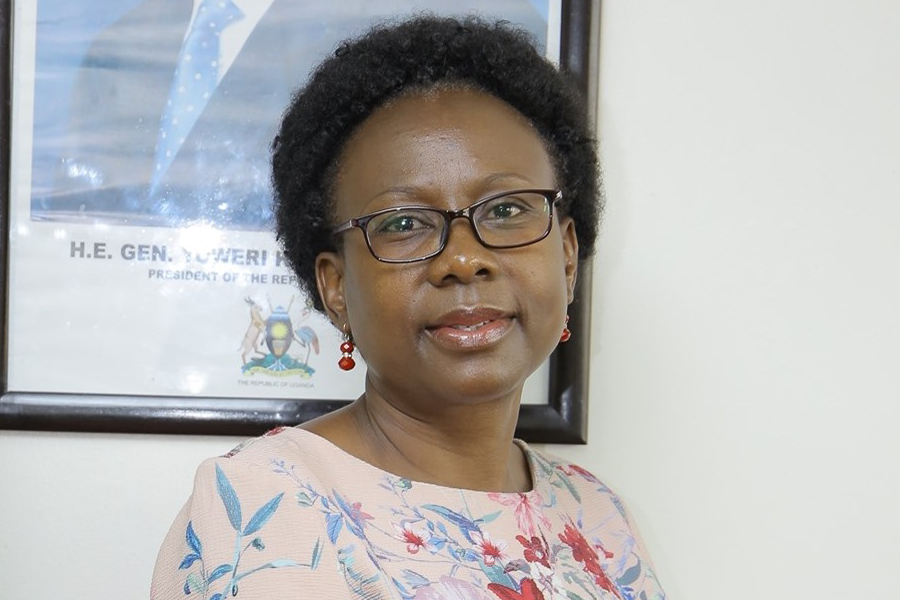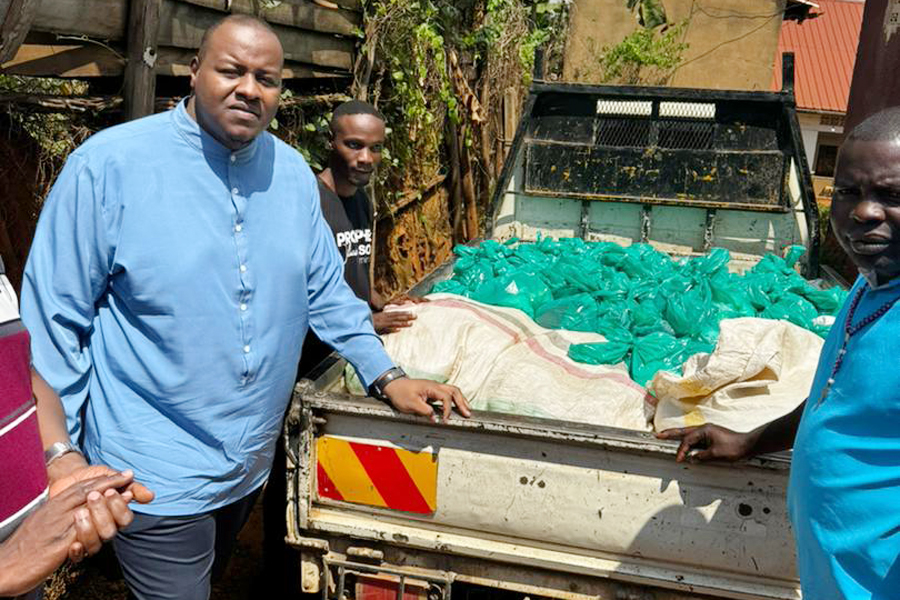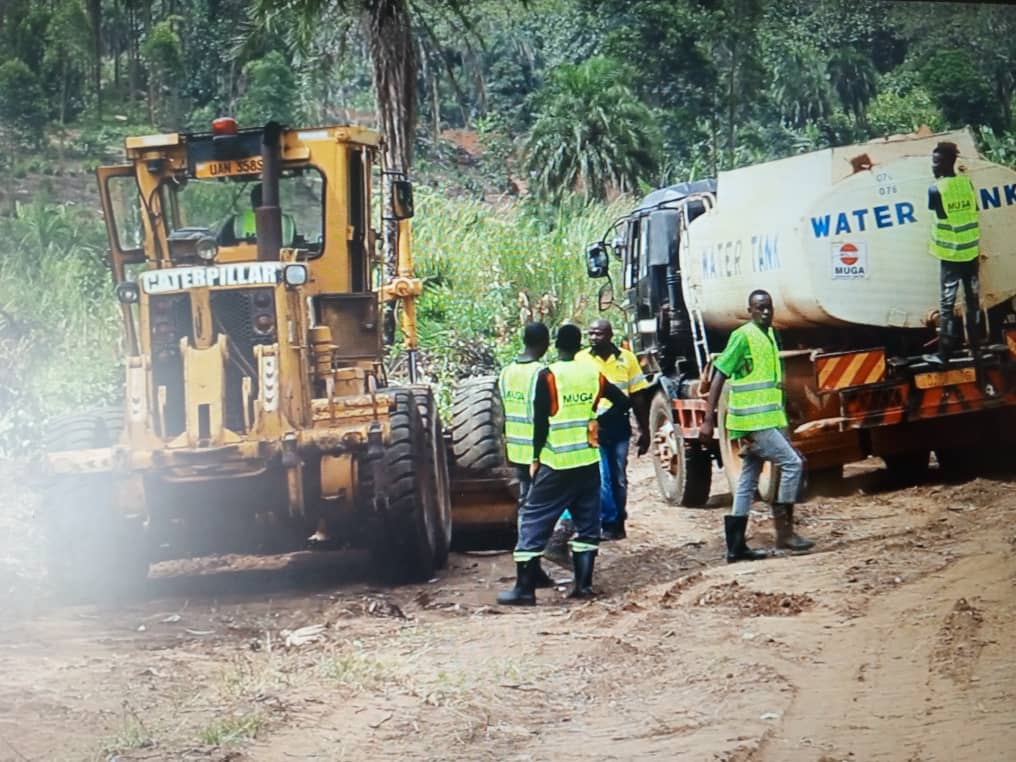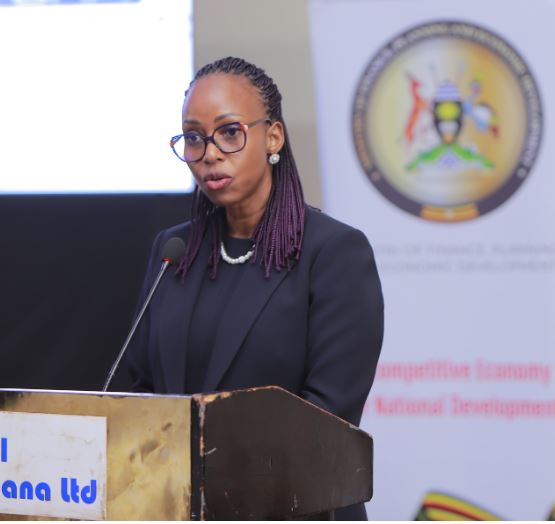Dr Aceng urges world to raise commitment to pandemic preparedness

Health minister Jane Ruth Aceng has emphasised the significance of the proposed pandemic treaty in fostering global health security.
"The pandemic treaty is an important instrument to collaborate, coordinate and ensure solidarity in global health security," Dr Aceng, who was speaking at the World Health Assembly, said.
Member countries kicked off the World Health Organisation’s annual assembly in Geneva, Switzerland, on Monday with hopes of improving global readiness for deadly outbreaks like COVID-19, after an ambitious “pandemic treaty” ran aground last week.
Health officials are racing to get the world to agree to new ways to prepare for and fight an inevitable future pandemic. COVID-19 is fading into history as elections and crises like climate change and war compete for the public’s attention.
Dr Aceng highlighted the necessity of global cooperation in the face of unpredictable health crises, which can swiftly escalate into economic and geopolitical challenges.
Dr Aceng underscored the limitations of current data analytics and predictive technologies, noting that despite advancements, predicting the onset of the next global health catastrophe remains a significant challenge.
She warned that unanticipated public health emergencies often have far-reaching impacts, extending beyond the health sector to disrupt economies and geopolitical stability.
"The pandemic treaty gives us an opportunity to be better prepared," Dr Aceng said.
She called on the international community to ensure that the treaty is not merely a symbolic gesture but a concrete commitment to proactive and coordinated action.
Her remarks resonated with many attendees, reflecting a growing consensus on the need for a robust and actionable framework to tackle future pandemics.
Dr Aceng's appeal comes at a time when the world is still grappling with the repercussions of the COVID-19 pandemic, which exposed significant vulnerabilities in global health systems and underscored the critical need for enhanced preparedness and collaboration.
A bold project to adopt a pandemic “treaty” at this week’s World Health Assembly was shelved on Friday as two-and-a-half years of work ran into disagreements over sharing information about pathogens that cause pandemics and the technology used to fight them, the Associated Press reported.
Experts say the best chance now to address pandemics at the assembly will be proposed changes to the WHO’s International Health Regulations, which were set up in 2004.
Amendments would urge countries to boost alert, detection and containment capacities and cooperate internationally.
One proposal would let the WHO director-general declare a “pandemic emergency.”
Envoys say a deal is close, but similar disagreements between rich countries and developing ones that set back the pandemic treaty negotiations linger.
Issues remain over proposed “transfer of technology” and the creation of a new fund under WHO in 2030 that would help boost pandemic-fighting capacities “particularly in developing countries.”
WHO Director-General Tedros Adhanom Ghebreyesus insists the stalled work on the pandemic treaty was not a failure, and acknowledged an “immense” task on a “very ambitious timeline” — alluding to the many years it usually takes for U.N. member countries to reach global treaties.
“Of course, we all wish that we had been able to reach a consensus on the agreement in time for this health assembly and cross the finish line,” Tedros said in opening remarks. “But I remain confident that you still will — because where there is a will, there is a way.”
“It’s now for this World Health Assembly to decide what that way is — meaning the solution is in your hands,” he added.
Health ministers now have to try to overcome deep-set differences, including how the world can share information on emerging pathogens and scarce resources like vaccines when demand skyrockets.
____________________________________________
Additional reports from AP














